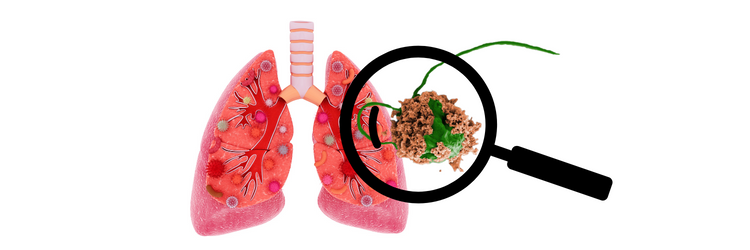UC San Diego nanoengineers developed microrobots that swim around in lungs, deliver meds, and can clear up life-threatening cases of bacterial pneumonia. Breathe easy – so far, they’ve just tested this in mice. They published their results in Nature Materials.
The microrobots safely eliminated pneumonia-causing bacteria in the lungs of mice, with an incredible 100% survival rate. Untreated mice all died within three days after infection.
They create the robots from algae cells with antibiotic-filled nanoparticles scattered on the surface. The algae enable movement, allowing the microrobots to swim around and deliver antibiotics directly to more bacteria in the lungs. Nanoparticles containing antibiotics are tiny, biodegradable polymer spheres coated with the cell membranes of neutrophils, which are a type of white blood cell. The cell membranes absorb and neutralize inflammatory molecules produced by bacteria and the body’s immune system, reducing harmful inflammation.
The treatment was more effective than an IV injection of antibiotics into the bloodstream. The injection required a dose of antibiotics that was 3000x higher. A dose of microrobots provided 500 nanograms of antibiotics per mouse, while an IV injection provided 1.644 milligrams of antibiotics per mouse.
Others had the same reaction I did. If the thought of algae cells in your lungs makes you squeamish, the researchers say that this approach is safe. Eventually, the body’s immune cells efficiently digest the algae and any remaining nanoparticles. Good to know.

